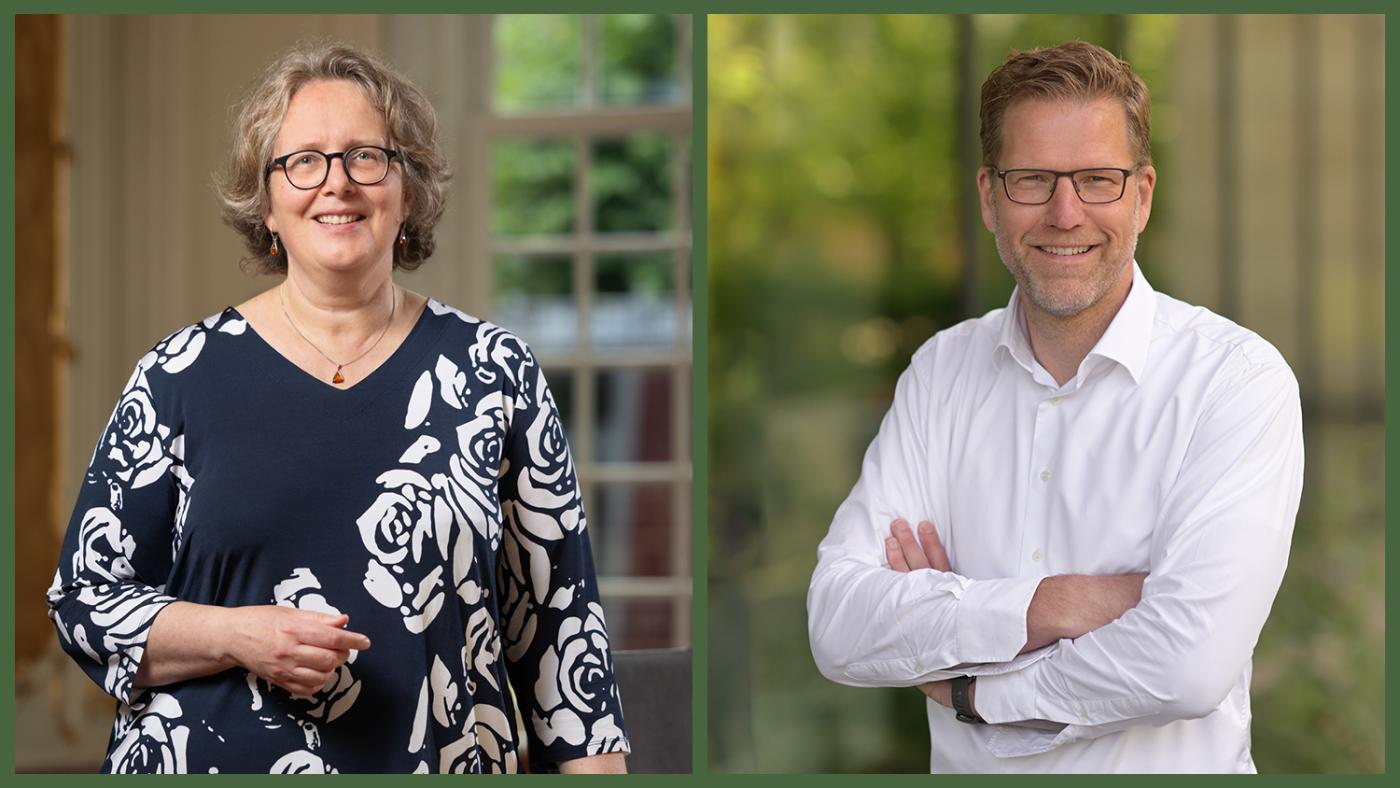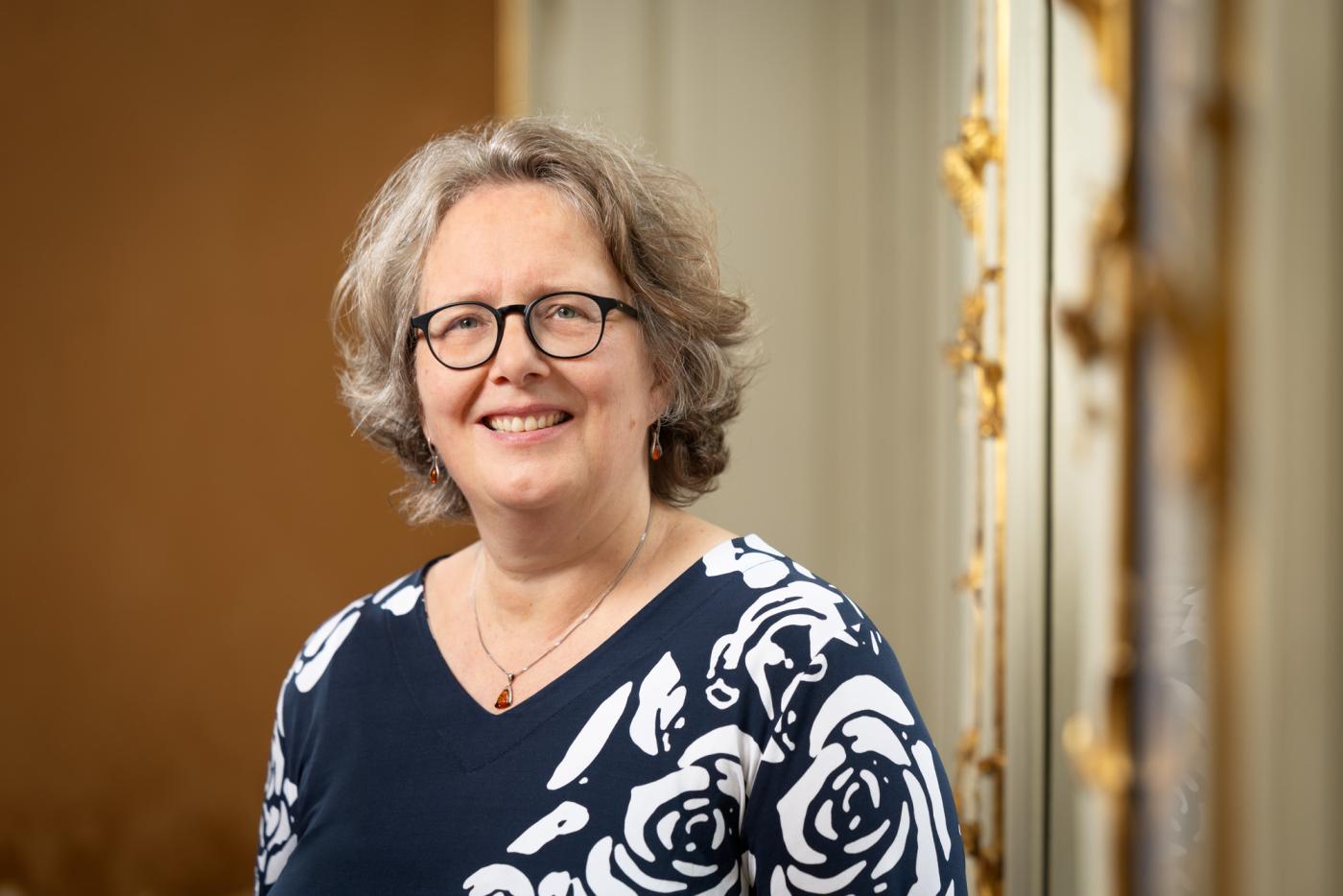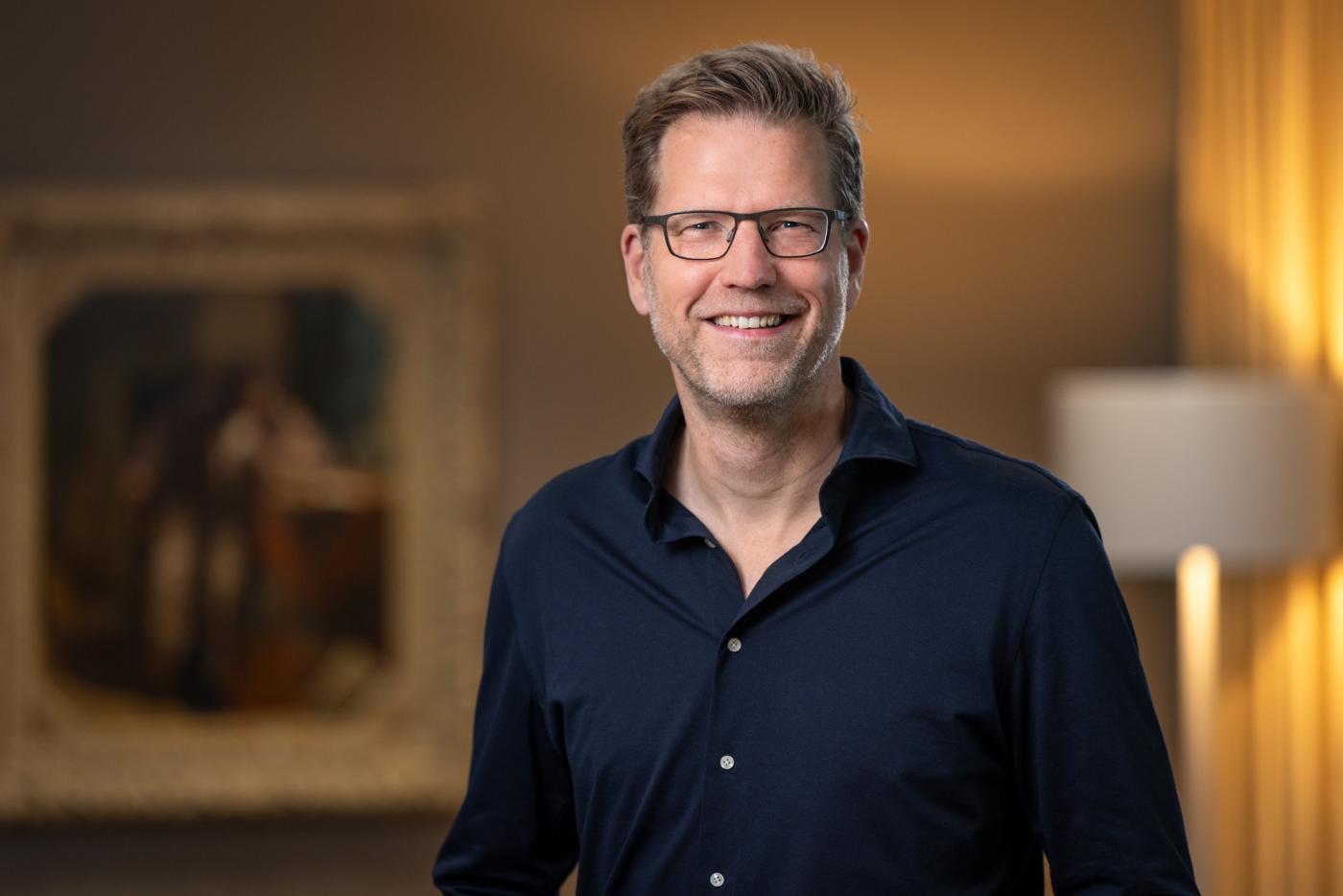UU wins awards again
Stevin Prize for philosopher Ingrid Robeyns, Spinoza Prize for geneticist Thijn Brummelkamp

The Stevin Prize was established seven years ago to honour scientists who make their mark in the social debate. Anyone who has followed Utrecht professor of Ethics Ingrid Robeyns in recent years will find few others who fit that profile better than she does.
The Flemish professor, who trained as an economist in Leuven and studied political science in Göttingen and philosophy at the British Open University, writes highly acclaimed books that have been translated into several languages, gives lectures and participates in debates in large and small venues in the Netherlands and abroad.
In addition, the professor, who moved from Rotterdam to Utrecht in 2014, makes her voice heard in opinion articles in newspapers and magazines. She is also extremely active on social media, where she has a large following.
In addition to being an inspiring thinker on what a just society might look like, she is also a committed activist, campaigning for better working conditions for academics, among other things. And she is also the initiator of the successful Philosophy Day in Utrecht, to name but one example.
Too much wealth
Robeyns gives political philosophy meaning for a wide audience, according to the Stevin Prize selection committee. Her book on Limitarisme in particular strikes a chord. Based on research conducted as part of the European-funded Fair Limits project, she argues for limits on the amount of wealth that individual citizens can accumulate.
It is a story that is attracting a lot of international interest at a time when multimillionaires such as Elon Musk seem to be seizing political power. ‘It's fine to be wealthy, but at a certain point you have too much,’ Robeyns said in an interview with the American news channel CBS.
According to her, unbridled wealth is almost always undeserved and contributes to greater social inequality and environmental damage. The Dutch population strongly agrees with this premise, she says. Her own research shows that in 2018, the average Dutch person considered 2.2 million in personal wealth to be more than enough for a family with two children.
Broad prosperity
Robeyns previously made a name for herself with research into how the so-called capability approach of the famous economist, philosopher and Nobel Prize winner Amartya Sen – who was also her supervisor at Cambridge – can be used to flesh out concepts such as “broad prosperity”. According to this approach, material things are not the only factors that play a role in increasing prosperity; immaterial things, such as quality of sociale relations, are also important. We must also be aware of the differences between people. These insights are now being used by the Social and Cultural Planning Office, among others.
In an interview on the UU website, Robeyns says she hopes that the award of the Stevin Prize will make the work of political philosophers “tangible”. “People often expect you to demonstrate the social impact of research with concrete inventions or changes [...]. I develop concepts, theories, [...] These analyses help us to better understand society and also to organise it better.”
Alternative economic systems
In the NWO programme Visions for Future, Robeyns is now focusing on research into alternatives to neoliberal capitalism. After all, this system has not only brought material wealth, but also an ecological crisis, growing inequality and other major social problems.
In the UU interview, she says she wants to use her Stevin Prize to set up an international network that will conduct interdisciplinary research into new economic systems. As far as she is concerned, the conservative-authoritarian system that Donald Trump is currently introducing will be bypassed. "We need an economic system that focuses on the flourishing of all people and other species and protects the earth."
Robeyns is convinced that it is possible to build a new, better world. But then more people will have to commit to it, she says in an interview on the NieuwWij website that appeared earlier this year. "If everyone gets to work, we can bury neoliberalism. If every person does just one positive thing, it can work. But it's a huge task."

Photo: Studio Oostrum
Good arguments
Robeyns' activist stance is not always appreciated. In a debate at Studium Generale on activism and science, she recently said that she believes it is the task of scientists in the arts and social sciences to make their voices heard. ‘Our form of activism is different. We don't say: this is the truth. We feed the debate with good arguments.’
Robeyns views the dismantling of science in the United States with great concern. In various opinion pieces and as a speaker at demonstrations this year, she linked the devastation in Dutch higher education to a similar anti-intellectual attitude and aversion to universities among new governing parties. She also criticised members of her own university's board for dancing to the tune of politicians by starting to cut back on spending.
Robeyns has been at the forefront of WOinActie for years, calling attention to abuses in higher education. The actions she organised with the protest movement were initially focused on high workloads and academic hierarchy. But WOinActie also criticised the underfunding of universities and the refusal of ministers to do anything about it.
The red square was launched at the opening of the 2018 academic year as a symbol of protest. In September 2020, Robeyns, together with Rens Bod and Remco Breuker, published a pamphlet with forty propositions on how universities should be changed. In 2021, she received the AcademieKus award, which is presented by the AOb trade union to individuals who are committed to improving working conditions in higher education.
With the arrival of Minister Dijkgraaf, many things seemed to be improving, but Robeyns notes on the UU website that the situation has taken a turn for the worse: ‘So it's all hands on deck to protect the unique function of universities in society.’

Photo: Studio Oostrum
One of this year's two Spinoza Prizes goes to Utrecht professor of Experimental Genetics Thijn Brummelkamp. He is also scientific director of the Netherlands Cancer Institute (NKI) and affiliated with the Utrecht-based Oncode Institute for Cancer Research.
Brummelkamp is receiving the prize primarily for developing new techniques that have enabled genetic research to take major steps forward worldwide.
For example, the Utrecht professor developed techniques to inhibit genes that are now used in the development of cancer drugs. He also demonstrated how the Ebola virus enters human cells. The first effective Ebola treatment targeted this route. Recently, he was able to demonstrate why cancer cells die as a result of chemotherapy. This turned out to be more complicated than previously assumed.
In a press release, Brummelkamp said: "I am regularly amazed at how much we still don't know about our own cells. And therefore how much we still have to discover – how exciting is that? Through my experiments, I am, as it were, in constant dialogue with the human cell. I keep asking new questions to entice the cell to reveal its secrets."
The Spinoza laureate studied biology at VU University Amsterdam. He then obtained his PhD with honours from Utrecht University. After a stay in the United States, he started a research group at the Netherlands Cancer Institute in 2011. In 2017, he was appointed professor at Utrecht University.
Brummelkamp has previously received the Antoni van Leeuwenhoek Prize and the European Molecular Biology Organisation (EMBO) Gold Medal, among other awards. He has also been awarded prestigious grants such as the European Research Council (ERC) Advanced Grant, a Vidi grant and a Vici grant.
The selection committee for the Spinoza Prize stated: "According to experts, Brummelkamp is an absolute top performer who is currently unrivalled in the Netherlands and even internationally. He has had an enormous impact on many of the fields in which he is active."
And the winners are ...
The Spinoza Prizes are known as the “Dutch Nobel Prizes” for groundbreaking scientific research. The Stevin Prizes emphasise the social contribution of researchers. Winners receive 1.5 million euros.
In addition to Utrecht professor of Ethics Ingrid Robeyns, VU researcher Ilse Aben will also receive a Stevin Prize this year. She is one of the founders of satellite instruments that can detect greenhouse gas emissions. According to the selection committee, this has made a unique and indispensable contribution to the fight against climate change.
In addition to Utrecht geneticist Thijn Brummelkamp, a Spinoza Prize will also go to Judith Pollmann, professor of Early Modern Dutch History at Leiden University. She is conducting innovative research into how people in the past dealt with radical social changes and how this influenced their identity.
Last year, Utrecht University also won prizes in both categories. Public administration expert Paul 't Hart received the Stevin Prize, while climate researcher Detlef van Vuuren received a Spinoza Prize.
Previous winners of the Stevin Prize from Utrecht University include historian Beatrice de Graaf and sociologist Tanja van der Lippe. Recent Utrecht winners of Spinoza Prizes include media researcher José van Dijck, plant researcher Corné Pieterse, economic historian Bas van Bavel and cell biologist Anna Akhmanova.
The Spinoza and Stevin Prizes will be awarded on Tuesday, 14 October.